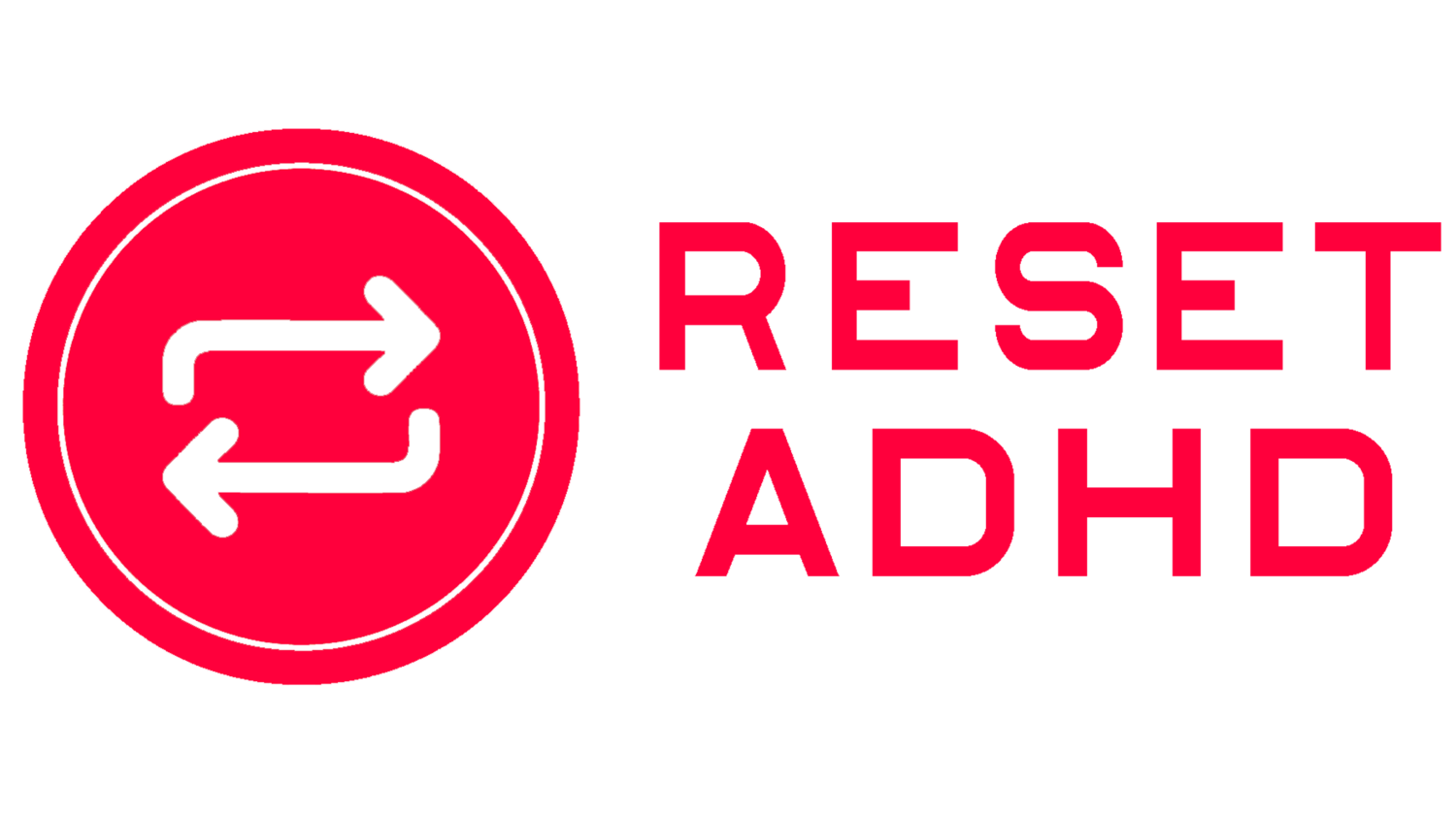The Relationship between ADHD and Introversion
To some, it may seem like ADHD and introversion are opposites. ADHD is associated with a lot of extroverted behaviors. However, it is important to remember that introversion is about recharging when alone and not around other people. Introverts can be outgoing, while still needing that alone time. In fact, a 2017 study of 117 people with ADHD found that 58.1% of them were introverts. Therefore, it is, indeed, possible to be an introvert and have ADHD.
More Likely to Go Undiagnosed
Because introverts are more reserved, the symptoms of ADHD are not as noticeable as they are in extroverts. This is one of the reasons I think it took two decades for me to get diagnosed. I am an introvert, and I did not outwardly show many signs of ADHD. I was simply told to try harder. Meanwhile, I was spacing out for 30 minutes of a 50-minute Pre-Calc test. This is indicative of the inattentive type of ADHD.
More Likely to Be Inattentive
Another reason ADHD is likely to go undiagnosed in introverts is introverts are more likely to have the inattentive presentation of ADHD. When a person has the inattentive type of ADHD, they are more likely to go undiagnosed. The symptoms are mostly internal, as opposed to external. I like to differentiate between the predominately hyperactive/impulsive type of ADHD and the predominately inattentive type of ADHD like this: The hyperactive/impulsive type of ADHD is the stereotype of what you think of when you hear ADHD. They are loud, all over the place, driven by a motor, hyper, and impulsive. The inattentive type of ADHD is exactly the same, except it is all confined to the brain. Very few of the inattentive type of ADHD’s symptoms are visual.
Similarities between Inattentives and Introverts
Introverts need time for reflection, to be alone with their thoughts. Similarly, the inattentive person with ADHD spends a lot of time in their head as well. As mentioned above, this affects how often the inattentive person with ADHD is diagnosed. Moreover, both introverts and inattentives are often overlooked and unintentionally ignored because they do not engage in the more noticeable behaviors that their extroverted and hyperactive/impulsive counterparts do.
Both introverts and ADHDers are sensitive beings. Lots of social interaction and stimuli can overwhelm an introvert. Likewise, the inattentive person with ADHD can be overwhelmed by all of the various stimuli they encounter. People with ADHD (whether they are predominately inattentive or not) are often prone to being more sensitive to external stimuli than neurotypicals. Far fewer stimuli are needed to overwhelm a person with ADHD than most people. It seems that because ADHDers are not as good at filtering out irrelevant stimuli as most people they absorb it all, and it can be overwhelming.
Final Thoughts
Overall, this is an issue that has had some exploration but, in my humble opinion, not enough. Knowing oneself is key to leading a fulfilled life. A deeper exploration of this subject would behoove introverted ADHDers. If you are looking for some additional reading on this subject, this is a good read.
Lastly, if you are an introvert looking for better ways to manage your ADHD, consider coaching. I also accept extroverts as clients too.

